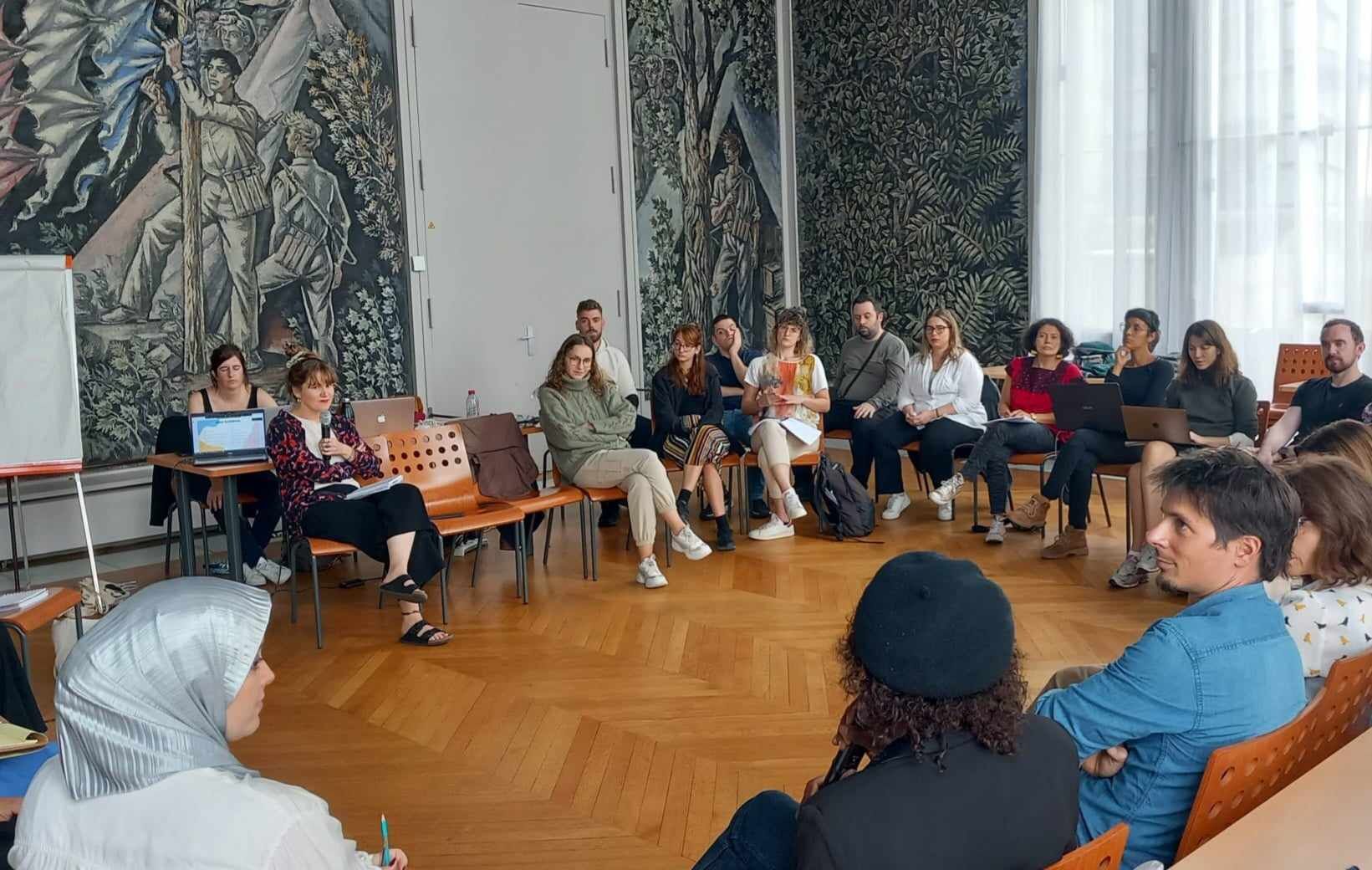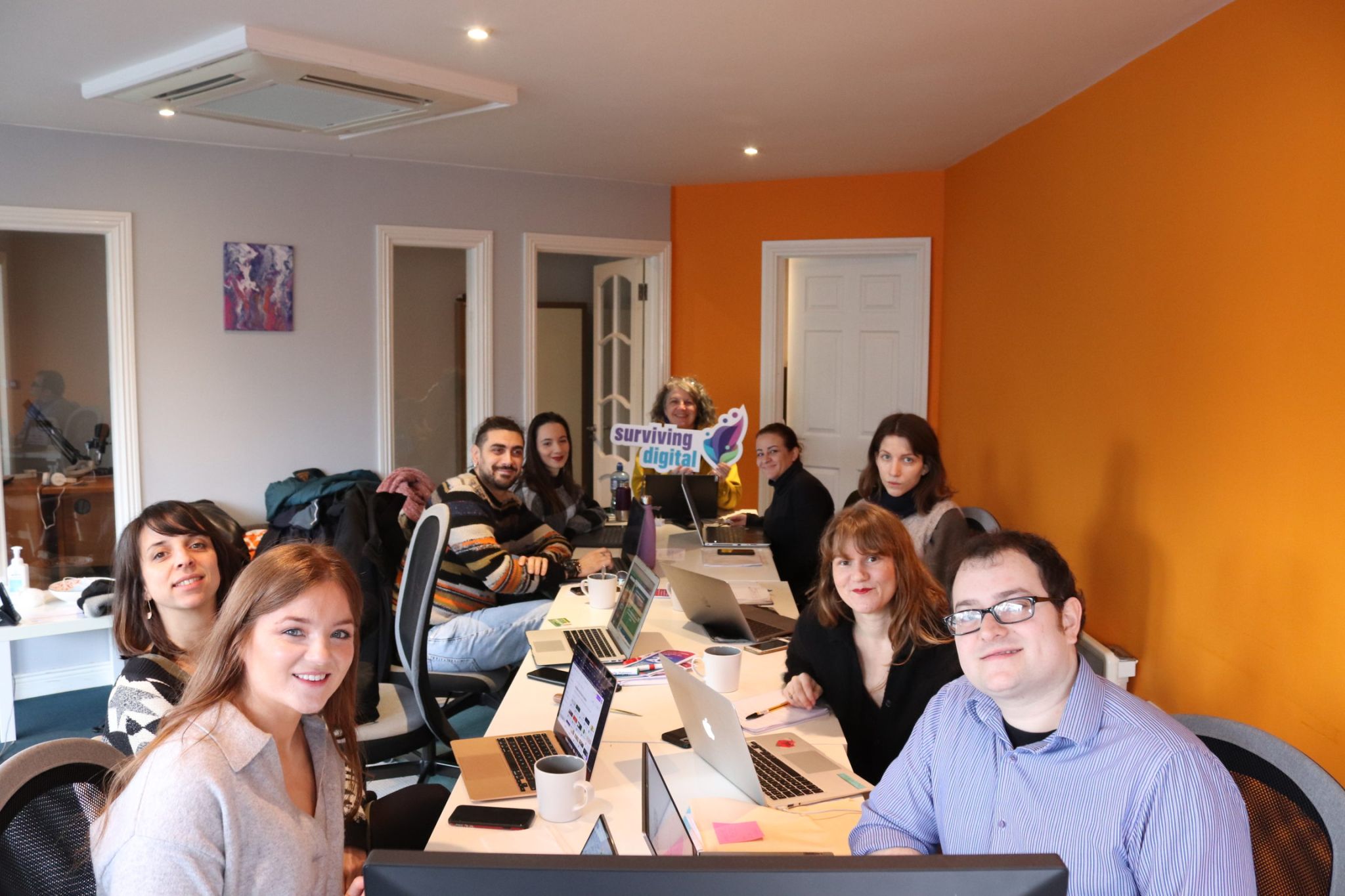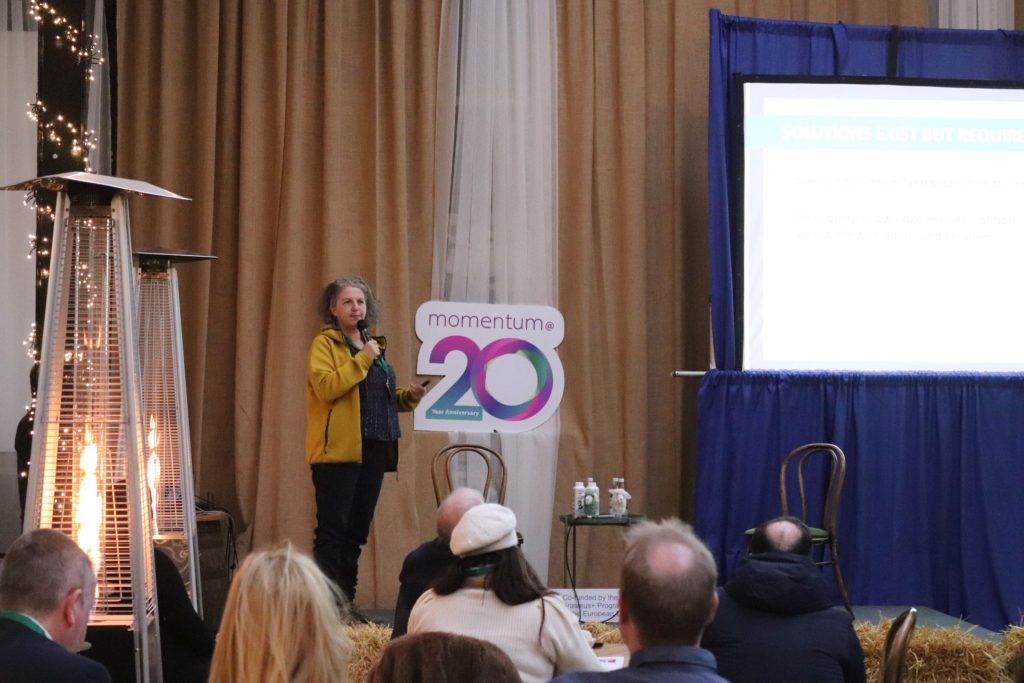
Creating a balanced digital diet for children in today's tech-savvy world is crucial for their overall well-being. Recognizing this, the American Academy of Pediatrics has developed a tool that serves as a lifeline for parents navigating the digital landscape with their children: the Family Media Plan.
The Family Media Plan is designed to help families establish healthy habits around digital device use. It encourages open discussion about screen time, content choices, and online privacy, aiming to foster an environment where digital media is used responsibly and beneficially.
Key components of the plan include setting clear boundaries for media use, such as no screens during meals and before bedtime, to ensure that digital consumption doesn't interfere with essential activities like sleeping, studying, and family time. It also highlights the importance of being mindful about the content children are exposed to and engaging in media together as a family to promote shared experiences and discussions about what is being consumed.
In a world where screens are omnipresent, developing a Family Media Plan offers a structured approach to help children learn to navigate digital spaces safely and healthily. It's not about banning media but about integrating it in a way that supports children's development, health, and family relationships.
For more detailed information on creating a Family Media Plan for your household, visit: https://www.healthychildren.org/English/fmp/Pages/MediaPlan.aspx

In a recent exploration by Politico, the intricate web of EU regulations concerning social media and its impact on teenagers' mental health is brought to light. With an increasing number of young people glued to their smartphones, the concern over digital addiction is more pronounced than ever. The article delves into the challenges that families face, as parents navigate the murky waters of online safety and digital well-being for their children.
Highlighting specific stories and broader legislative efforts, the piece underscores the need for more robust measures to protect young users from the potentially harmful effects of excessive screen time and social media use. It's a call to action for policymakers, educators, and technology companies to collaborate more closely in crafting solutions that safeguard the mental health of the next generation.
This thoughtful examination sheds light on the ongoing debate about digital responsibility and the collective effort required to ensure a healthier digital future for all.
To read more about the insights and proposed solutions in the EU's fight against digital addiction among teens, visit Politico: https://www.politico.eu/article/eu-social-media-teens-smartphone-addiction/

In a decisive move to combat the growing concern of digital addiction, the European Parliament has called for the implementation of new EU regulations. Highlighting the urgency of the matter, a report was adopted emphasizing the need to protect users from the manipulative designs of digital platforms that aim to capture attention and monetize user data.
This call to action signals a significant shift towards acknowledging and addressing the complexities of digital addiction, emphasizing the importance of safeguarding user well-being in the digital age. It's a pivotal moment that underscores the EU's commitment to ensuring a healthier digital environment for all its citizens.
For more detailed information on the proposed regulations and the European Parliament's report, visit HERE : https://www.europarl.europa.eu/news/en/press-room/20231208IPR15767/new-eu-rules-needed-to-address-digital-addiction#:~:text=In%20a%20report%20adopted%20on,attention%20and%20monetise%20their%20data.

This past September, the heart of Saint Denis pulsed with the vibrant energy of an extraordinary training event. From the 12th to the 15th, the iconic Saint Denis Town Hall opened its doors to host a series of captivating workshops and sessions that inspired and educated. Nestled within the charming Salle de la Résistance, this program promised—and delivered—a journey of learning and discovery unlike any other.
A Journey Through the Week
The event kicked off with a heartening welcome session in St Denis City Hall, setting a collaborative tone with an insightful program update, ensuring everyone was aligned and excited for the days ahead.
The adventure truly began with Ville St Denis presenting the four-day blueprint, accompanied by opportunities for participants to connect and set the stage for a collaborative environment.
Midweek Highlights:
Attendees were treated to enriching workshops from Materahub and IRI, providing invaluable feedback and sharing innovative methodologies. A highlight was the round-table discussion featuring a diverse group of local health ambassadors, offering a platform for sharing experiences and insights that spanned various communities.
Practical Explorations:
Thursday was marked by an in-depth IRI workshop focused on launching local contributory clinic projects, complemented by insightful site visits to significant community locations, enriching participants' understanding and engagement.
Concluding with Reflections:
The final day emphasized reflection and forward planning, featuring site visits guided by Ville St Denis and a comprehensive program evaluation with Laba. It was a moment to consolidate learning and look ahead to applying these insights in real-world scenarios.

The Surviving Digital partners from Ireland, Denmark, Greece, France and Italy convened in Saint Denis for their fourth Transnational Project Meeting (TPM4). This pivotal assembly not only reflected on the strides made in developing the PR3 Open Educational Resources (OERs) but also marked the commencement of an ambitious new work plan for the PR4 Digital Learning Toolkit.
Surviving Digital is an initiative aimed at equipping community care organizations, health professionals, and social/cultural educators with the necessary tools, knowledge, and resources to help parents and caregivers tackle the difficulties relating to screen addiction among young children. The project leverages the collective expertise of its partners to create tangible, transferable tools and training courses designed to empower adults and parents, fostering an environment of knowledge exchange with visible and exploitable results across Europe.
During the meeting in Saint Denis, discussions revolved around innovative practices in the prevention and fight against the harmful effects of screen addiction, as detailed in the project's comprehensive guides and methodologies. These resources are crafted to assist educators, social workers, and mediators in understanding and leveraging the participation of adults in the most vulnerable urban areas as a resilience and digital inclusion lever.
The initiative's forward-thinking approach extends to the training modules offered, which cover a broad spectrum of topics from analyzing digital tools for children under five to fostering creativity and social links through digital education. These modules are part of the broader ambition to address digital overload and establish a healthy relationship between families and technology.
With the launch of the PR4 Digital Learning Toolkit, Surviving Digital is set to introduce an immersive training toolbox. This innovative platform will feature a compendium of inclusive educational online tools within a multilingual and interactive environment, further enhancing the project's impact on community health and digital wellbeing.
The partners' meeting in Saint Denis was not just a milestone for the Surviving Digital project but also a testament to the collaborative spirit driving European efforts to navigate the challenges and opportunities presented by our increasingly digital world. As this project moves forward, it continues to shine a light on the critical role of education, empowerment, and community engagement in overcoming digital adversity

In early February 2023, the picturesque town of Leitrim played host to an essential gathering for the Surviving Digital project - the third Transnational Project Meeting (TPM3). This event brought together all project partners to focus on the advancement of the PR2 Methodological Guide, a cornerstone resource aimed at combating the adverse effects of digital screen addiction. Additionally, the meeting served as a starting point for discussions on the work plan for the forthcoming PR3 Open Educational Resources (OERs), setting the stage for the next phase of the project.
The gathering in Leitrim was more than just a series of discussions and planning sessions; it was a celebration of collaboration and shared vision. Momentum, the hosts and one of the project's pivotal partners, marked their 20th anniversary by organizing a networking event that extended beyond the confines of the meeting room. This event was not only a celebration of Momentum's two decades of contribution to education and training but also an opportunity for the Surviving Digital partners to showcase their groundbreaking project to a wider audience.
The networking event saw the attendance of over 100 stakeholders from across Ireland and Europe, representing a broad spectrum of educators, policymakers, community leaders, and digital health advocates. The Surviving Digital partners seized this opportunity to present their project, highlighting their efforts to create a safer digital environment for children and adolescents through innovative educational resources and methodologies.

This interaction with a diverse group of stakeholders was invaluable, providing the Surviving Digital partners with unique insights, feedback, and potential collaborations. Networking with relevant educators and experts in the field allowed for an exchange of ideas and best practices, further enriching the project's approach to tackling digital addiction and fostering digital wellbeing among young people.
Screen addiction in children is a growing concern, with various impacts on their health, social life, and academic performance. Recognizing the signs early can help parents and caregivers intervene effectively. Here are nine signs of screen addiction in kids, as outlined by "Today's Parent":
